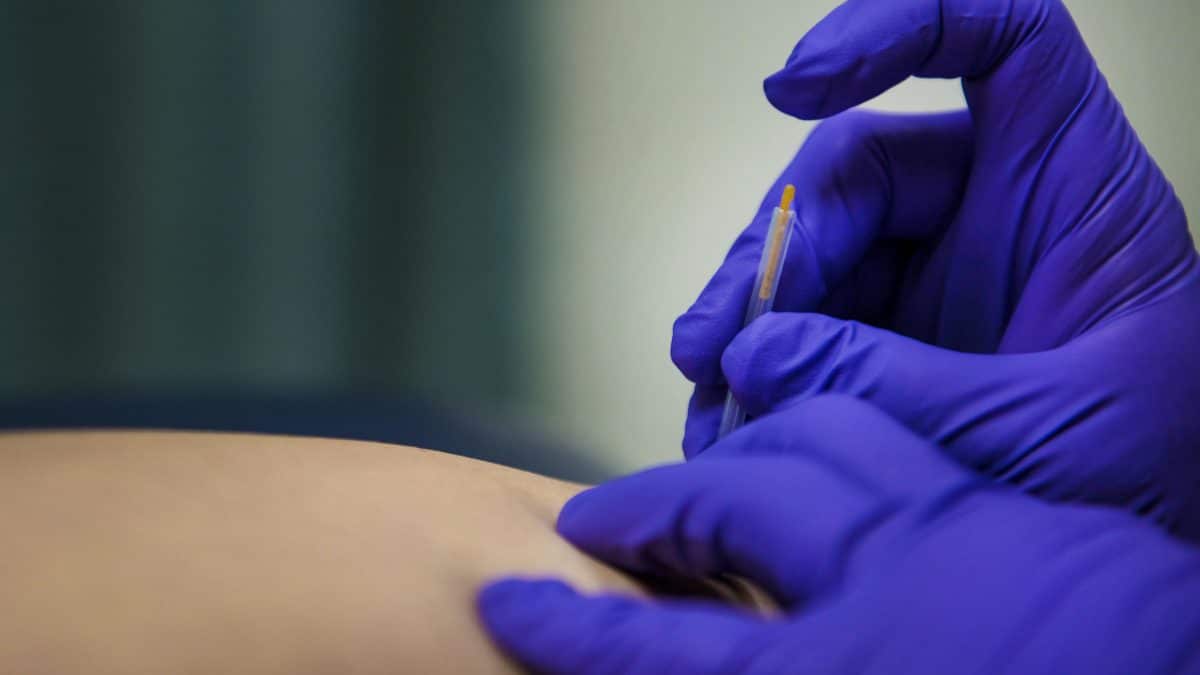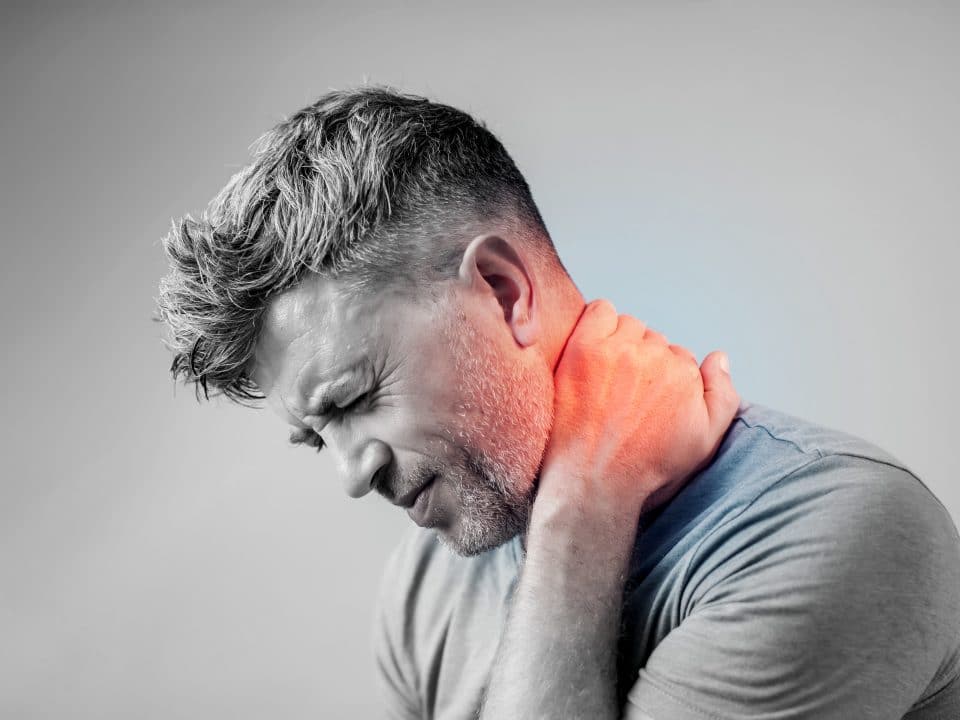Dry Needling And Physiotherapy

Meet Our Physiotherapists: Marc Nyte
July 31, 2019
Meet Our Physiotherapists: Lauren Sager
August 28, 2019There are many different ways to treat musculoskeletal pain. One option that’s perhaps less well known, however, is dry needling, a process that uses a “dry” needle, or more specifically a needle without medication or injection, to treat musculoskeletal pain and movement impairments. This technique is typically used by physiotherapists as part of a larger treatment plan, helping to get back to active rehabilitation more quickly.
It’s important to note that dry needling has no direct ties to acupuncture, despite how the two techniques may appear similar on the surface. Where acupuncture is rooted in traditional Chinese medicine and is believed to adjust the bodies energy flow, dry needling aims to fix musculoskeletal pain and is deeply rooted in Western medical practices and scientific, evidence-based research.
Dry needling has been around for decades, starting in the 1940s. Injections directly into trigger points in the muscle were first proposed by Doctors Janet Travell and David Simons, though at the time they were injecting substances into the muscles such as corticosteroids, analgesics, and saline. After a 1979 study by Czech physician, Dr. Karel Lewit, it became clear that the injection of the needle itself into the muscle had a bigger impact on pain and mobility rather than the substances being injected.
Other terms to describe dry needling include trigger point dry needling, IMS, and intramuscular manual therapy.
So what precisely is dry needling?
The aim of dry needling is to release or inactivate trigger points, normalizing dysfunctions of the motor endplates- the site where nerve impulses are transmitted to muscles. This relieves muscle pain while also helping with mobility issues by helping to restore muscle function. Small, thin, filiform needles are inserted directly into the problematic pressure points in the muscle to stimulate the area and allow it to relax. When these areas are tense, they shorten, which puts pressure on the surrounding nerves, causing pain. By inserting a dry needle directly into the affected area, it allows the muscle to lengthen, releasing the pressure and alleviating the pain.
Most people will not even feel the needle penetrate the skin, but once it has advanced into the muscle, the feeling of discomfort can vary from patient to patient. Usually, a healthy muscle will feel very little discomfort. However, if the muscle has active trigger points within it, the subject may feel a sensation like a cramp, called a ‘twitch response.’ Typically positive results are apparent within 2-4 treatment sessions but can vary depending on cause and duration of symptoms.
Common conditions treated with dry needling include:
- Patellar Femoral Syndrome
- Achilles Tendinopathies
- Lateral Epicondylitis (Tennis Elbow)
- Medial Epicondylitis (Golfer’s Elbow)
- Impingement Syndrome
- Rotator Cuff Tendinopathies
- Cervicogenic Headaches
- Groin Strain
- Hamstring Strain
If you’re suffering muscle pain that limits your mobility, speak to the physiotherapists at Midtown Physiotherapy to find out if dry needling is right for you.
Midtown Physiotherapy is a Toronto physiotherapy clinic offering client-centred and evidence-based treatment to help you get back to what you love. We offer appointments at our Yonge and St. Clair location, as well as home services for those unable to come to us. Click here to book online!




